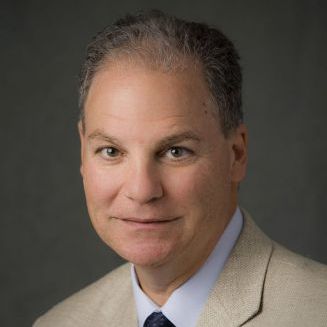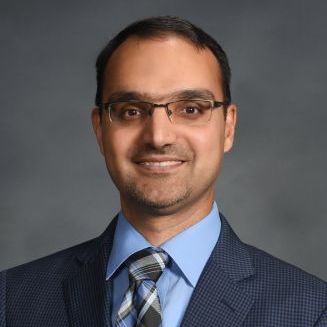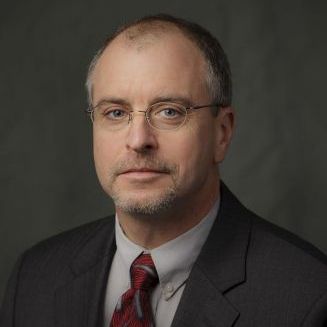Two researchers in Lehigh University’s Advanced Technology for Large Structural Systems (ATLSS) Engineering Research Center will take on new leadership roles effective July 1, 2024.
Current ATLSS Deputy Director James M. Ricles, the Bruce G. Johnston Professor of Structural Engineering, will succeed Richard Sause, the Joseph T. Stuart Professor of Structural Engineering, as director of ATLSS. Civil and Environmental Engineering Professor Muhannad T. Suleiman will serve as ATLSS deputy director.
Sause joined ATLSS in 1989 as a faculty associate, became co-director in 1999, and was promoted to director in 2001, serving the role for more than 20 years. He also served as the founding director of Lehigh's Institute for Cyber Physical Infrastructure and Energy (I-CPIE) from 2018 to 2022.
“Richard’s leadership has been instrumental in building international recognition for ATLSS and its groundbreaking structural engineering research,” says Stephen P. DeWeerth, professor and dean of the P.C. Rossin College of Engineering and Applied Science. “As Jim and Muhannad step into their new roles, we look forward to continued innovation and excellence from the ATLSS team in shaping the future of infrastructure resilience.”
Ricles joined ATLSS in 1992 as a faculty associate and became ATLSS deputy director in 2001. In 2002, Ricles and Sause together wrote a successful proposal to create the NSF-sponsored Network for Earthquake Engineering Simulation (NEES) Lehigh University Experimental Site, which resides within the ATLSS Engineering Research Center. Ricles and Sause have served as the director and co-director, respectively, for the facility since its inception in 2004. The facility is known today as the NSF-supported Natural Hazards Engineering Research Infrastructure (NHERI) Lehigh Equipment Facility.
Ricles conducts large-scale multi-directional experimental and analytical research in areas such as innovative seismic-resistant structural systems; mass timber and composite steel-concrete structures; structural steel connections; advanced simulation methods that include multi-physics real-time cyber-physical simulation for civil infrastructure and offshore wind turbine systems subjected to operational and extreme events; and the rehabilitation and assessment of damaged and deteriorated civil infrastructure and offshore structural systems.
Ricles teaches courses in structural dynamics, structural reliability, linear and nonlinear structural analysis, and the stability and design of steel structures. He is an editor-in-chief for the Journal of Engineering Structures.
Suleiman is the director of the Offshore Soil-Foundation-Structure Interaction Testing Facility at Lehigh. Suleiman specializes in geotechnical engineering. His research focuses on sustainable and resilient infrastructure and energy systems and their soil-foundation-structure interaction. More specifically, his recent research mainly focuses on energy infrastructure and energy storage, mechanical and bio-mediated ground improvement, and foundation engineering.
He has developed a ground-improvement technology and investigates soil-foundation interaction for deep foundations supporting offshore wind turbines and marine energy systems, bridges, and buildings. Collaborating with colleagues, he explores materials for energy storage, load and resistance factor design, and wireless-sensing technology for subsurface applications.



